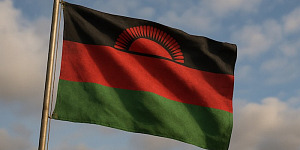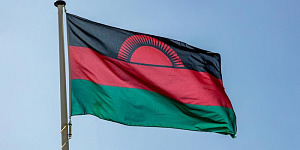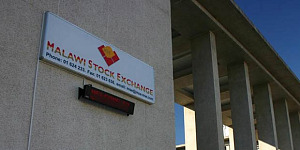The Executive Board of the International Monetary Fund (IMF) today completed the first review of Malawi’s performance under its program supported by a three-year arrangement under the Extended Credit Facility (ECF). Completion of the review enables Malawi to draw the equivalent of SDR11.15 million, (about US$ 15.4 million), bringing total disbursements under the arrangement to SDR22.3 million (about US$ 30.9million).
In completing the review, the Executive Board also approved the authorities’ request for waivers for the nonobservance for the quantitative performances on the primary fiscal balance and on new non-concessional external debt as well as a request for modification of the end-December 2018 performance criteria on reserve money, net international reserves of the central bank, and the primary fiscal balance.
The three-year arrangement was approved on April 2018 for SDR78.075 million (about US$ 108.2 million), equivalent of 56.25 percent of Malawi’s quota in the IMF, to support the country’s economic and financial reforms. The authorities’ ECF-supported program aims to entrench macroeconomic stability and to foster higher, more inclusive, and resilient growth.
Following the Executive Board meeting, Mr. Tao Zhang, Deputy Managing Director and Acting Chair, stated:
“Malawi’s program performance has been satisfactory. Program-supported structural reforms advanced and most performance criteria were met, with significant overperformance in international reserves and reduction in the Reserve Bank of Malawi (RBM) holdings of government securities. However, the fiscal position deteriorated due to larger than expected maize purchases—for food security after poor harvests in some parts of the country—as well as increased spending to ensure safe elections and payments of past arrears .
“The authorities remain committed to entrenching macroeconomic stability and enhancing poverty-reducing and resilient growth. Fiscal policy will focus on preserving debt sustainability, including correcting for recent spending overruns, while creating space for growth-enhancing expenditure. Combined with tight monetary policy, inflation is expected to be contained. Greater exchange rate flexibility would cushion the economy against external shocks and preserve competitiveness. The authorities are encouraged to maintain recent momentum in safeguarding and strengthening financial sector stability by improving banks’ risk management and closely monitoring large borrowers.
“Advancing structural reforms and improving governance and transparency will be critical to attaining strengthened economic outcomes. Key elements of this strategy include public financial management reforms—including routinizing bank reconciliation, improving commitment control and cash management, and enhancing the transparency of the budget process—as well as further improvements to public investment management, oversight of state-owned enterprises, debt management, and aligning the AML/CFT framework with international standards.
“Economic growth, currently barely above population growth, is expected to gradually improve over the medium-term with continued macroeconomic stability and ongoing structural reforms.”









































